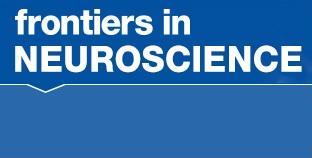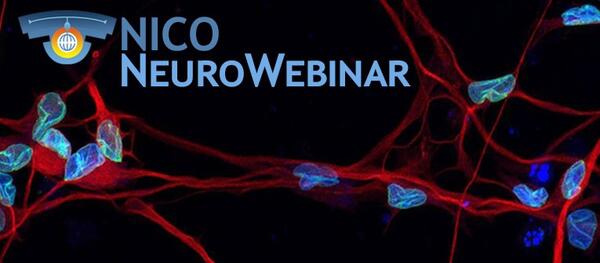
Frontiers in Neuroscience, June 2014
Major unsolved points in adult neurogenesis: doors open on a translational future?
Paolo Peretto 1,2 and Luca Bonfanti 1,3
In spite of many data gathered during the last two decades on adult neurogenesis (AN) it is evident that such knowledge is not sufficient for granting translational outcomes in brain repair, especially if the ultimate goal is to promote cell replacement.
Alternative strategies aimed at fostering AN physiological functions (restorative approaches) are still undefined. By asking the question whether AN research field has to be considered as a dead end in the context of brain repair, here we review some unresolved issues: multifaceted evolutionary constraints in mammals, stem/progenitor cell type/availability and tissue permissivity, impact on other brain functions, interplay with other forms of plasticity, and relevance in humans.
We suggest that full understanding of AN biology is an essential step for its possible exploitation in brain repair, and that further fundamental, multidisciplinary research is required to reach translational outcomes. Scientist's attitude and their communication skills are also important. To avoid overestimation of AN reparative potential in a translational perspective, more distant goals of cell replacement should be kept clearly distinct from restorative approaches involving AN functional plasticity. [ read full article ]
1
Neuroscience Institute Cavalieri Ottolenghi, Orbassano, Italy
2
Department of Life Sciences and System Biology, University of Turin, Torino, Italy
3
Department of Veterinary Sciences, University of Turin, Torino, Italy








